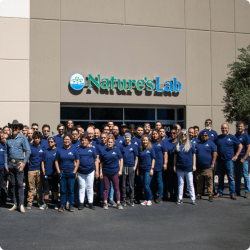
The Importance of Iron in the Body
Iron is an essential mineral, or one that the body needs to perform functions necessary to thrive. The body needs 16 essential minerals, which are classified into macro and trace minerals. Macrominerals are minerals required by the body in larger amounts (200 -1,000 mg daily), while trace minerals are required in smaller amounts (1-20 mg daily). Both types of minerals are important to various daily functions, with iron being a very important trace mineral to help transport oxygen through the body to support energy regulation and red blood cell health.*
Iron is an important component of hemoglobin, the substance in red blood cells that carries oxygen. Approximately 70% of the iron in the body is found in hemoglobin as well as muscle cells called myoglobin. These cell groups are important in the transportation of oxygen in the lungs, tissues, and muscles. When iron stores are depleted or iron is not readily absorbed in the diet, iron deficiency may occur. This may lead to fatigue, exhaustion or anemia.*
Iron-deficiency anemia, the most common form of anemia, is a decrease in the number of red blood cells caused by too little iron. Without sufficient iron, the body can't produce enough hemoglobin, causing weakness, irritability and poor energy levels.*

Am I Iron Deficient?
Approximately 20% of women, 50% of pregnant women, and 3% of men do not have enough iron in their bodies. The Recommended Daily Allowance for iron is 18 mg for women, 27 mg for pregnant women, and 8 mg for men. Signs of iron deficiency may include extreme tiredness, paleness, shortness of breath, headaches, restless legs, and even brittle hair and nails. More atypical signs can include strange food cravings, feelings of anxiety, and cold hands and feet due to less oxygen being readily available to tissues. If you think you may be iron deficient, talk to your primary healthcare practitioner.
Iron Sources in Food
There are two forms of dietary iron: heme and non-heme. Heme (derived from hemoglobin) is found in animal foods such as red meat, fish and poultry. It is the most readily-absorbed iron from food sources.* Plant foods such as lentils, beans, spinach, and other leafy greens contain non-heme iron. Non-heme iron is not as readily absorbed by the body, so it is best to eat these forms of iron with a vitamin C source to enhance iron absorption.* Try Nature’s Lab Super Vitamin C.
Iron in Supplements
Approximately 10 million Americans are iron deficient due to poor iron absorption, low iron diets and other conditions.* Nature’s Lab Perfect Iron utilizes iron bis-glycinate chelate for optimal absorption.* This form of iron is bound to the amino acid glycine and is absorbed more efficiently than other forms of iron (such as ferrous sulfate).* This also results in an iron supplement that is non-constipating and gentle on the digestive system.*







